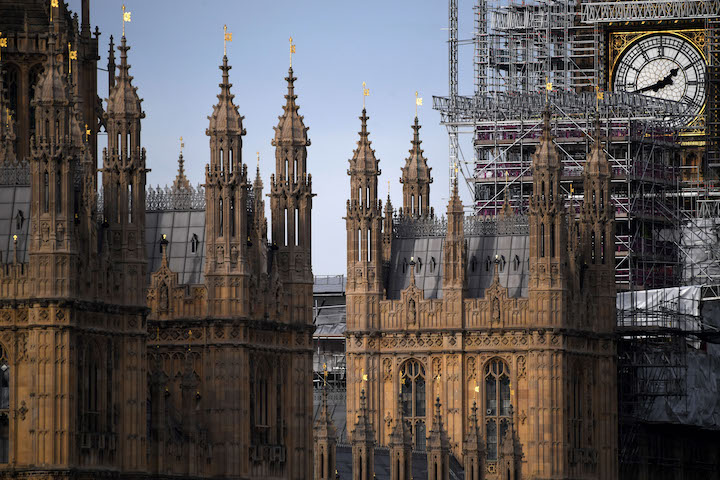Could you afford to go into politics? Chances are that the answer is no, unless you’ve got a spare £10,000 knocking around. In a survey that is being published later this week, I’ve found that candidates in general elections are having to stump up tens of thousands of pounds of their own money just to stand. This is not the money spent on campaigning, which is funded by the parties and donors to individual campaigns. It’s the personal expenditure that comes with having to take up to two years off work to campaign, moving to the constituency if you are not local, travelling around the constituency, attending events and so on.
My survey, the most extensive of its kind, looked at the personal financial cost of standing for 532 candidates who stood in the 2015 election.
The average cost across all seats, whether marginal, safe or a total no-hope for the candidate in question, was £11,118, but the cost naturally rose for anyone standing in a marginal. Conservative candidates who won their seat spent a staggering £121,467. This was so high because a number of candidates left very highly-paid jobs and bought properties in the seat. But at least they then got the job, whereas their candidates who failed to win still lost an average of £18,701.
The Tories may be considered the party of the rich, but Labour, which prides itself on being the party of the people, still saw its candidates in marginal seats spending an average of £19,022 to win, and the considerably higher sum of £35,843 to lose. Their successful safe seat colleagues still lost £13,617 on average. And while the Liberal Democrats like to think they’ve worked out a better way of doing things than the two big parties in British politics, that doesn’t extend to the demands they place on their candidates, who lost on average £26,608. The SNP managed to offer a budget election experience in 2015, with candidates losing an average of £9,700, but this is partly because many of them were selected late and rode one of the most extraordinary political tidal waves, which nearly wiped out the other parties in Scotland.
This makes standing for Parliament the most expensive and time-consuming job interview on earth, with little guarantee that you’ll actually get the job at the end of it. No wonder politics is still dominated by white middle class men who have had a chance to earn a fair bit of money so that they can afford to be MPs. Even those with good backstories, like Sajid Javid, tend to have landed good jobs at banks and so on after escaping poverty in their youth. It is much harder to find someone who went straight from a working class life into Parliament.
This cost also explains why it is much easier to go from a political job to being an MP. Few non-political employers would have much sympathy for someone who wanted to take a month off merely to get selected, for instance, and quitting your job in order to campaign in a general election is fine if you win – but not so much if you lose and have to come back to your old boss with your tail in between your legs. If you’re a special adviser, or work for a think tank or a trade union, then you can have much more confidence that the gap on your CV won’t put people off if things don’t go to plan.
Does this matter? In my book, ‘Why We Get The Wrong Politicians’, I argue that if there is such a high price tag on standing for Parliament, we are excluding vast swathes of the population who could be excellent MPs but who simply cannot afford it. We surely want the brightest and the best, not merely those with savings accounts or big overdraft facilities, to represent us in the House of Commons, and yet there is a strange indifference to the personal cost of standing for Parliament. We might not manage to feel sorry for those who shell out so much money on trying to become MPs – in fact, we might think they are mugs for doing so. But we should feel sorry for our democracy that it has become an elite club with such high membership fees, as this leads to a lack of understanding of many of the issues that affect ordinary people.
P.S. All the above applies unless you are a Monster Raving Loony Party candidate. One man standing for election for this party in 2015 told me that, unlike every other candidate, he had in fact made a £250 profit because the experience ‘enabled my other work to become more profitable’. He didn’t explain what his ‘other work’ entailed…







Comments